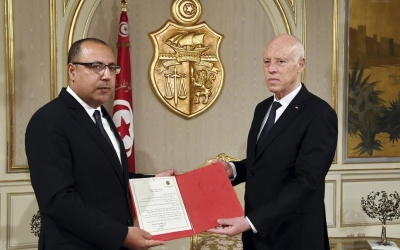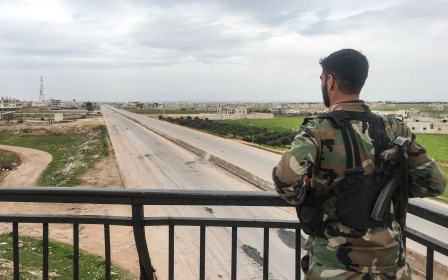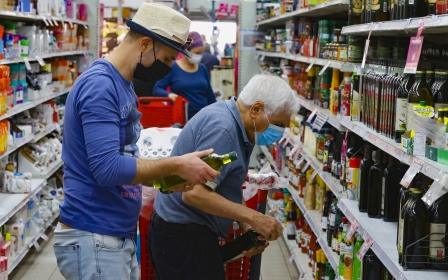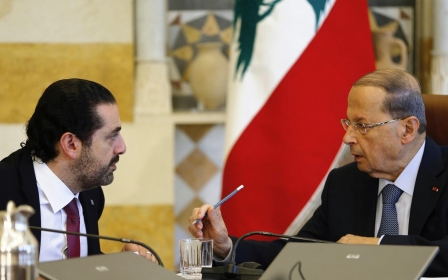Arabic press review: Tunisian politician accuses Egypt of spreading false rumours
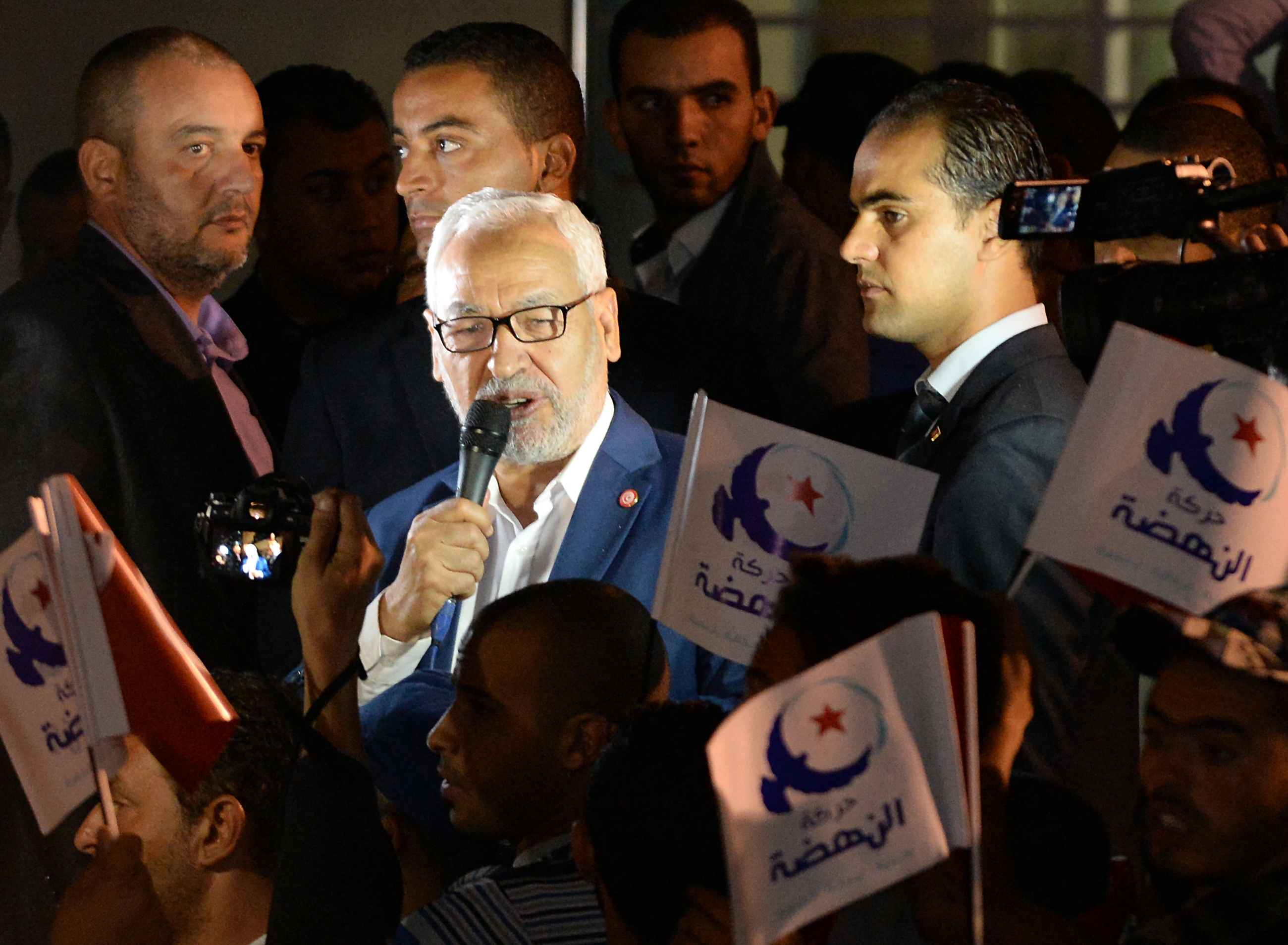
Former Tunisian official claims Egypt spreading rumours
Jawhar bin Mubarak, a former adviser to the Tunisian prime minister, has accused the Egyptian intelligence services of creating rumours targeting Parliament Speaker Rached Ghannouchi, in a post published on his Facebook account.
"The smear campaigns are intense, the tabloids are spreading incredible myths created by the General Intelligence Service against Rached Ghannouchi and the rabble dance," Mubarak wrote.
"A very dumb MP attacks the People's Movement with trivial fabrications without morals, and the rabble dance. A racist pretending to be a media figure attacks fellow patriot Mohamed el-Hamdi and defames him using debased allegations and the rabble dance. The rabble is narrow-minded; they love to dance on the sounds of fake drums played by dervishes."
Ghannouchi's Ennahda movement recently announced the filing of a complaint against media outlets that circulated rumours alleging that he had gained billions of dollars from arms deals and smuggling.
The parliamentary presidency also denied rumours circulating online saying that Ghannouchi was suffering from health problems and had been transferred to the military hospital.
Gaza protest over prisoner in Saudi jail
Palestinians in Gaza on Saturday organised a protest in solidarity with 83-year-old Muhammad Saleh al-Khodari, who is detained in a Saudi prison, after receiving news about a major deterioration in his health, reported Arabi 21.
During the demonstration, the Khodari family called on the Saudi authorities to speed up the release of their relative, while many family members and children participated in the event to express solidarity with the detainee.
The Khodari family also called on Saudi ruler King Salman and his crown prince to "immediately release Dr Muhammad al-Khodari and his son, Hani al-Khodari, in view of their declining health condition".
Khodari was a representative of Hamas in Saudi Arabia before he was suddenly arrested and placed in a Saudi prison, where his health has seriously deteriorated in recent days, according to Arabi21.
Amnesty International also recently confirmed the deterioration of Khodari's health, as he lacks access to comprehensive medical care and suffers from ill-treatment in detention.
Libyan ministers accused of falsifying qualifications
The Libyan Government of National Unity (GNU), headed by Abdul Hamid Dbeibah, faced its first crisis after the Administrative Control Authority (ACA) demanded the submission of the new ministers’ resumes, in light of information about "forged qualifications", reported Asharq Al-Awsat newspaper.
Local media and activists in Libya reported that some ministers presented false curricula vitae that included forged certificates and incorrect qualifications.
The head of the ACA in a statement called on the prime minister to provide him with the resumes of government members and ministers and copies of their academic qualifications, after receiving information that matched media reports and confirmed the existence of forged certificates.
Minister of Labour and Rehabilitation Ali Abid Abu Azum issued a statement before the government members took the oath of office and gained the confidence of parliament, condemning what he referred to as a "ferocious attack aimed at impeding the effective leadership of the youth through spreading lies and fake news”.
Saudi foreign reserves falls to lowest level in a decade
Reserve assets of the Saudi Central Bank fell by two percent on a monthly basis until last February, to reach the lowest level in a decade, reported the New Khalij.
According to data issued by the Saudi Central Bank, the value of reserve assets until February was 1,655 billion Saudi riyals ($441.3bn), recording a decrease that amounted to $8.77bn per month.
The assets amounted to 1,688 billion Saudi riyals ($450.1bn) until last January, while the last time it reached a level lower than the February figures was in November 2010, estimated at 1,644 billion Saudi riyals ($438.4bn).
Saudi Arabia's revenues, which depend on oil as a main source of income, have been hit by the drop in crude prices and the decline in global demand for oil due to the Covid-19 pandemic.
Saudi Arabia lost $50bn of its foreign reserves during March and April 2020, of which $40bn was transferred to the state's sovereign fund (the Public Investment Fund) so that it could benefit from opportunities in global markets.
Middle East Eye delivers independent and unrivalled coverage and analysis of the Middle East, North Africa and beyond. To learn more about republishing this content and the associated fees, please fill out this form. More about MEE can be found here.


